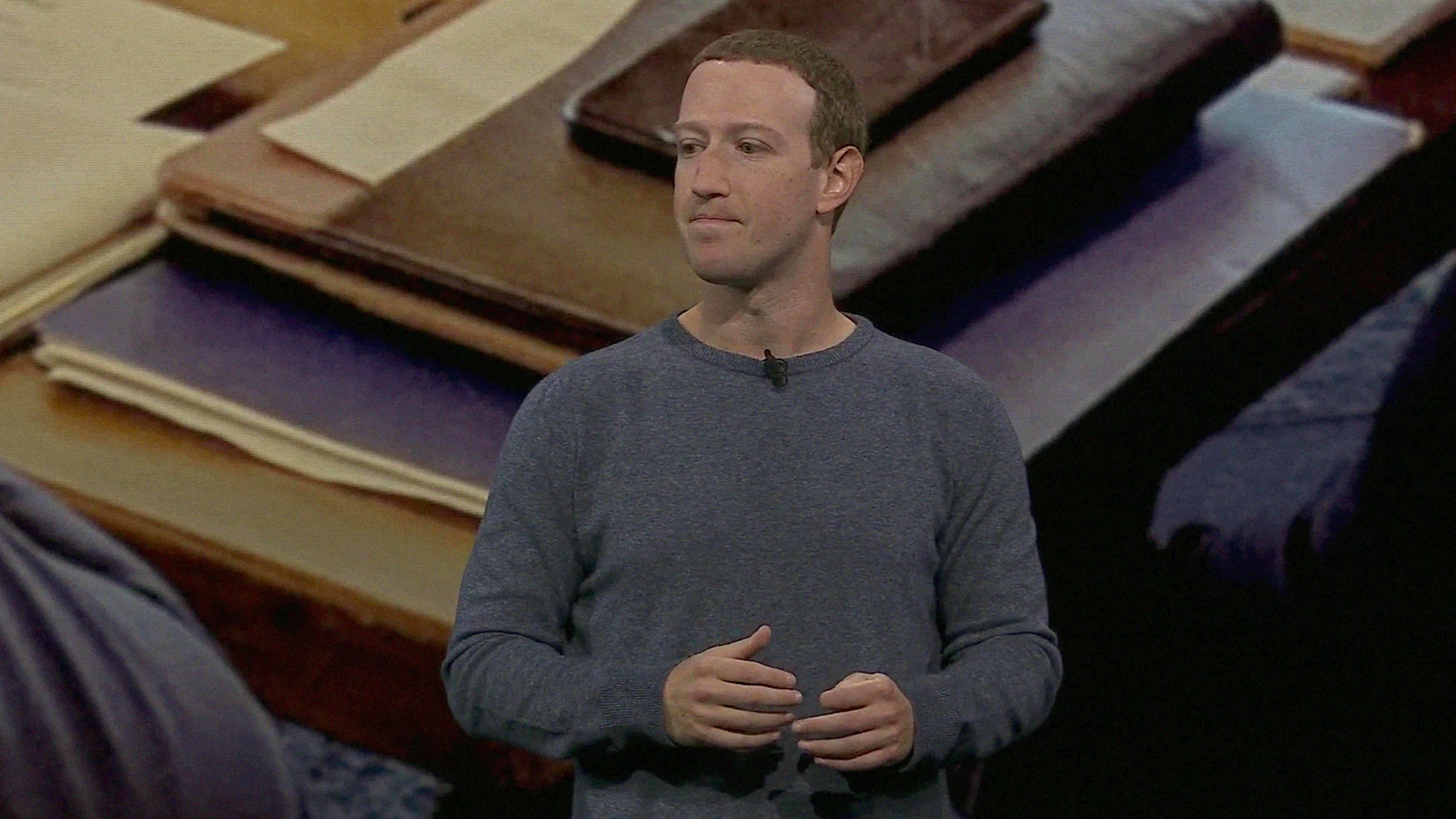At the company’s developer conference in San Jose, California, Facebook CEO Mark Zuckerberg described what he called the “next chapter” in Facebook’s history, meaning the redesigning of its products for a privacy-focused future.
Zuckerberg had announced this vision in a Facebook post in March, but today at the F8 conference he began to describe how the vision would actually affect the products.
The CEO presented six core principles that will govern the design and function of new products and old. They are:
- Private interactions
- Encryption
- Reduced permanence
- Safety
- Interoperability
- Security data storage
Zuckerberg opened his comments by saying that in the same way the physical world has both public and private places, so should the digital world. “In our digital lives we need both public and private places,” Zuckerberg said.
“I believe the future is private,” Zuckerberg said. “We should have private messaging, groups, payments, and private ways to share location–the private parts of our social network will be more important than our digital town squares.”
Facebook may be changing the way it operates, too. Zuckerberg said that Facebook, in its early days, would have just built a new product and then watched how users and others reacted. And they often reacted negatively when their privacy was threatened. “Move fast and break things” was once Facebook’s mantra. Zuckerberg says Facebook is now going out and consulting with privacy experts before it implements new changes.
He also said that Facebook will start building privacy and security features into the core infrastructure it uses to build and operate products.
The tech company’s excessive harvesting of personal data–and lack of transparency about it–has created distrust and ill will among consumers and regulators. Presidential candidate and Senator Elizabeth Warren (D-MA) is calling for the breakup of big tech companies, for instance.
Zuckerberg, forever on the defensive, said the social network will now become a “privacy-focused” company. Of course, we’ll have to wait and see about that. Meanwhile, federal privacy legislation is circulating in Washington, D.C. Companies are hustling to comply with Europe’s General Data Protection Regulation’s privacy rules. And tech companies of all kinds are now thinking very carefully about the data they collect and how long they keep it.
The CEO said he understands the skepticism people may have about Facebook’s ability to become a privacy-focused company. “I get that a lot of people aren’t sure about our seriousness about this; we don’t have the strongest reputation on privacy, to put it lightly . . .”
But I’m committed to doing this,” Zuckerberg said. “I think we’ve shown time and again that we can as a company build the things that people want.”
There’s good reason for skepticism. The company still hasn’t even shipped the “Clear History” account-scrubbing feature that Zuckerberg promised last May.
For now, Facebook remains something like that useful friend you can’t quite trust.
Recognize your brand’s excellence by applying to this year’s Brands That Matter Awards before the early-rate deadline, May 3.
